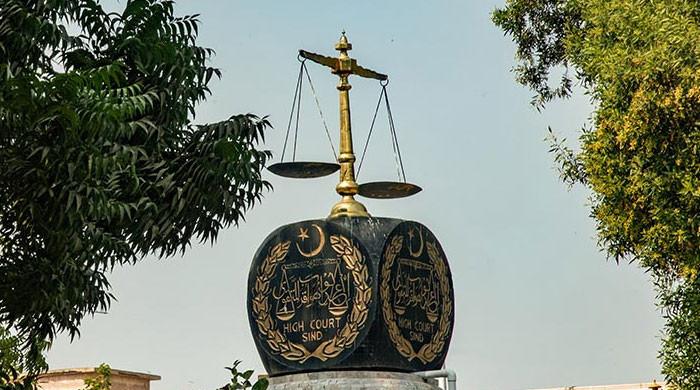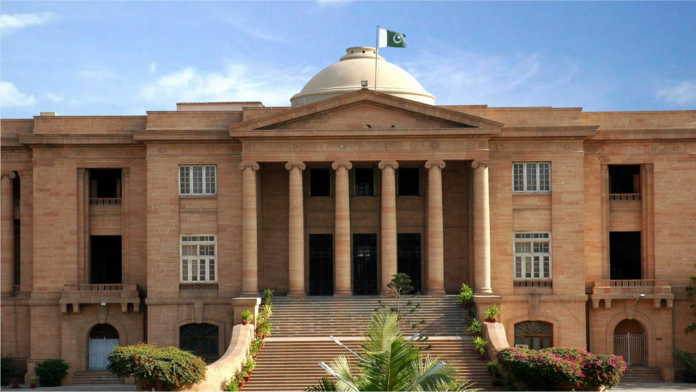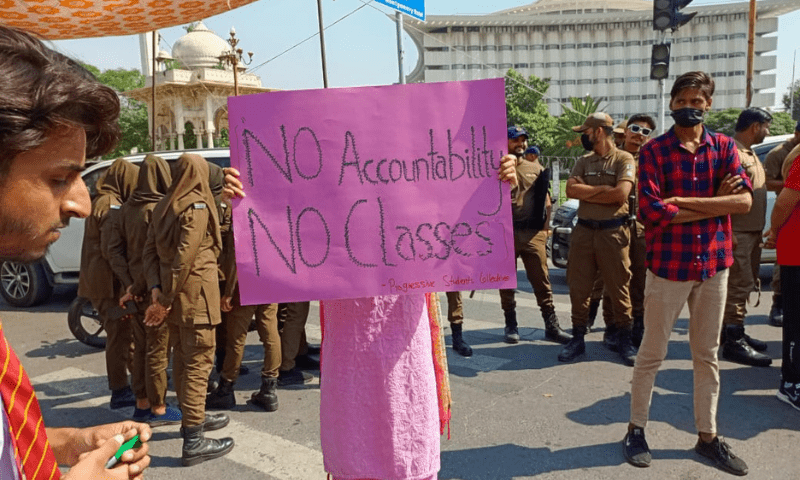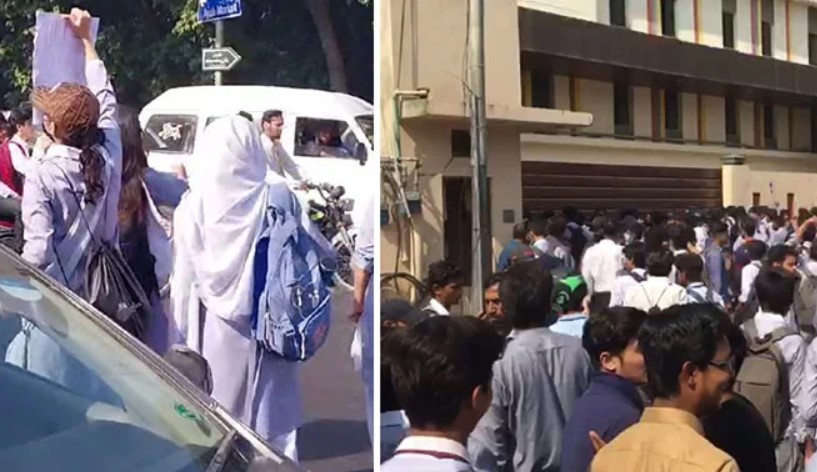LEGAL

The Sindh High Court (SHC) has dismissed a petition challenging the 26th proposed constitutional amendment, stating that it is premature to declare the amendment either constitutional or unconstitutional until it becomes law. The petition had been filed by a group of lawyers concerned about the lack of transparency in sharing the proposed draft with the Bar Council and Bar Association.
In its ruling, the court clarified that the petitioners had failed to assist the court by providing any legal basis that required the federal cabinet to share the draft of the constitutional amendment with legal bodies such as the Bar Council or the Bar Association. The court emphasized that the representatives of the people are seated in Parliament and the Senate, where the legislative process should unfold.
The judgment further stated that the petitioner did not cite any specific laws requiring the government to make the proposed amendment public at this stage. Referring to Articles 70 to 77 of the Constitution, which outline the legislative process, the court ruled that it cannot intervene in matters related to legislation unless there is a clear legal violation.
The SHC remarked, "Unless something illegal is found in the process, we cannot declare the draft unconstitutional at this stage." The court noted that the proposed amendment has not yet been presented to Parliament or any special committee, making the petition premature.
The proposed 26th constitutional amendment remains in the drafting stage, with political parties working to build consensus on its contents. Efforts are ongoing to prepare a joint draft that can be tabled for discussion and approval in Parliament.
Background:
The petition was filed by lawyers who argued that the draft should have been shared with the legal community and made public before being submitted to Parliament. However, the court's ruling clarified that there is no legal obligation for the government to release the draft amendment at this stage.
The court's decision highlights the importance of following the constitutional process for legislation, while also emphasizing that judicial intervention in such matters should be limited unless clear violations of the law are found.
As the government continues to work on the proposed constitutional amendment, political leaders are expected to engage in further discussions to finalize the draft and seek broader support from lawmakers.




